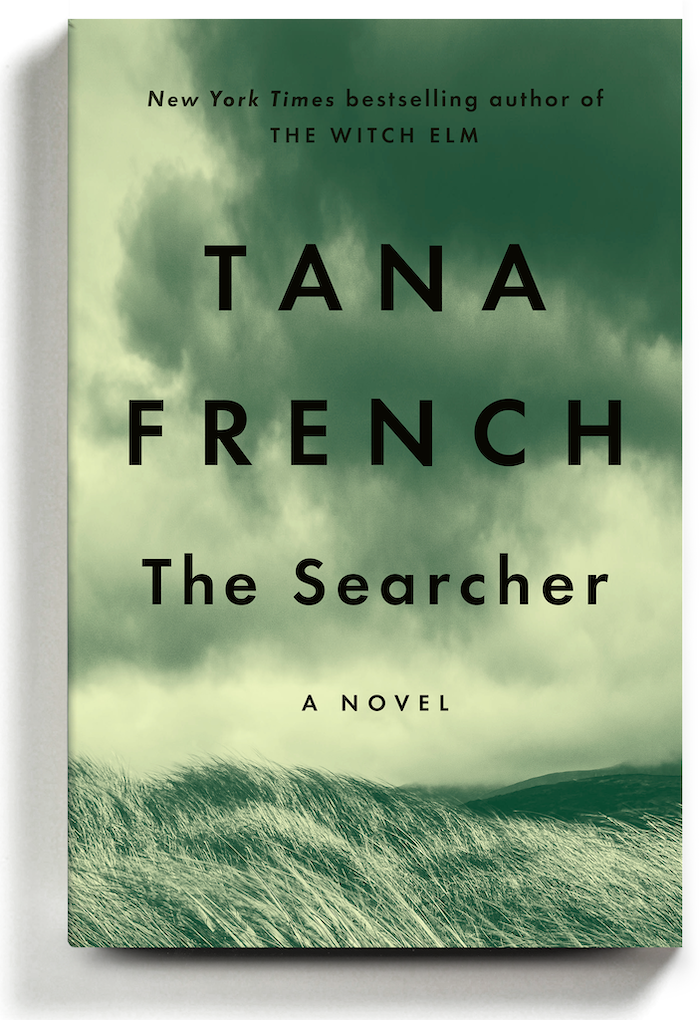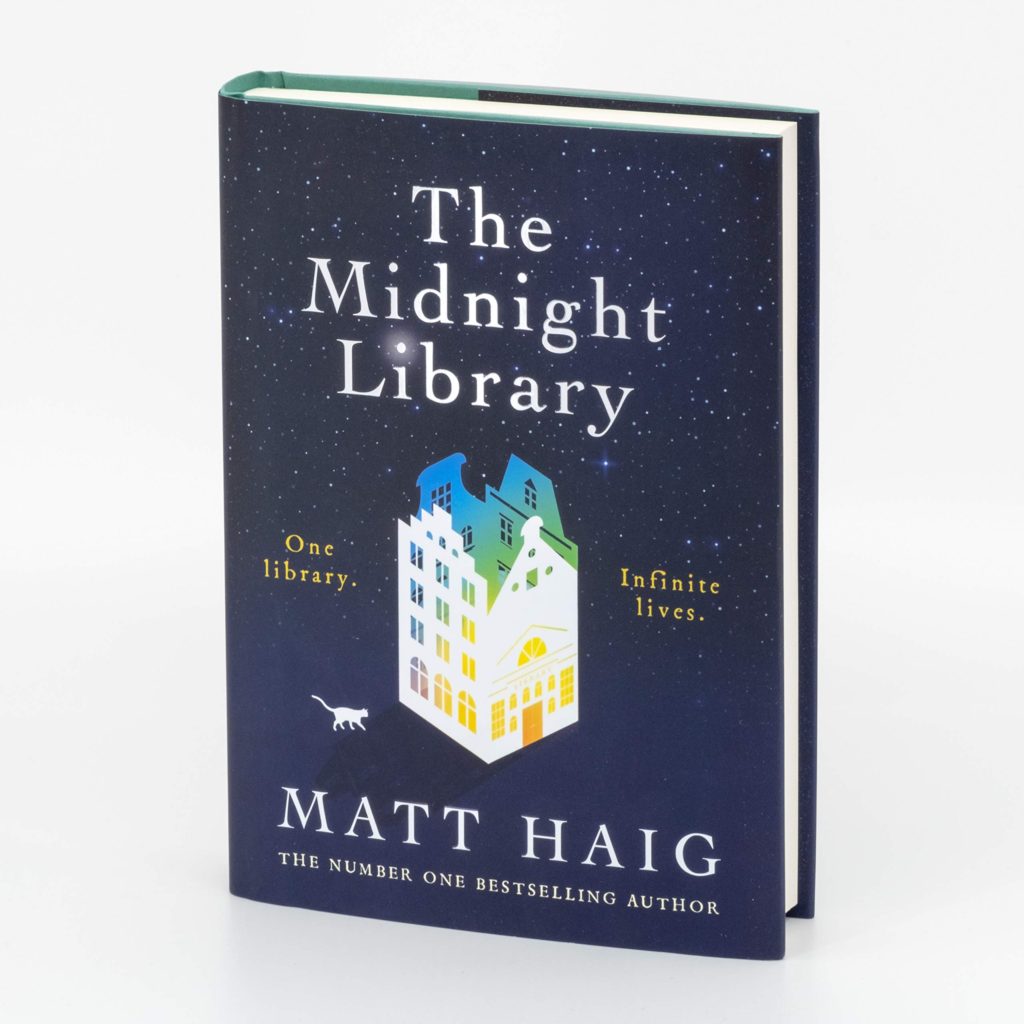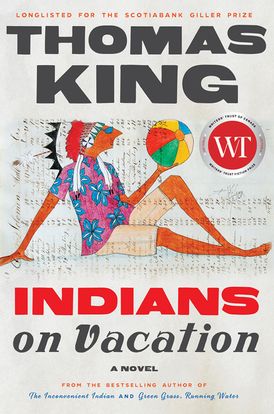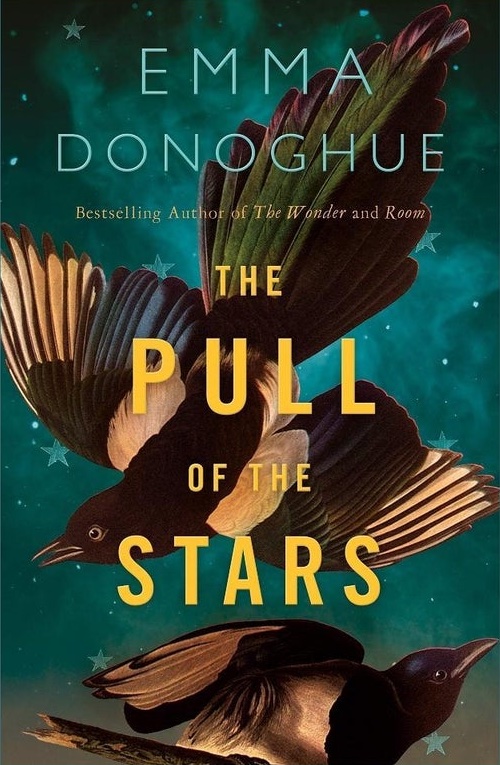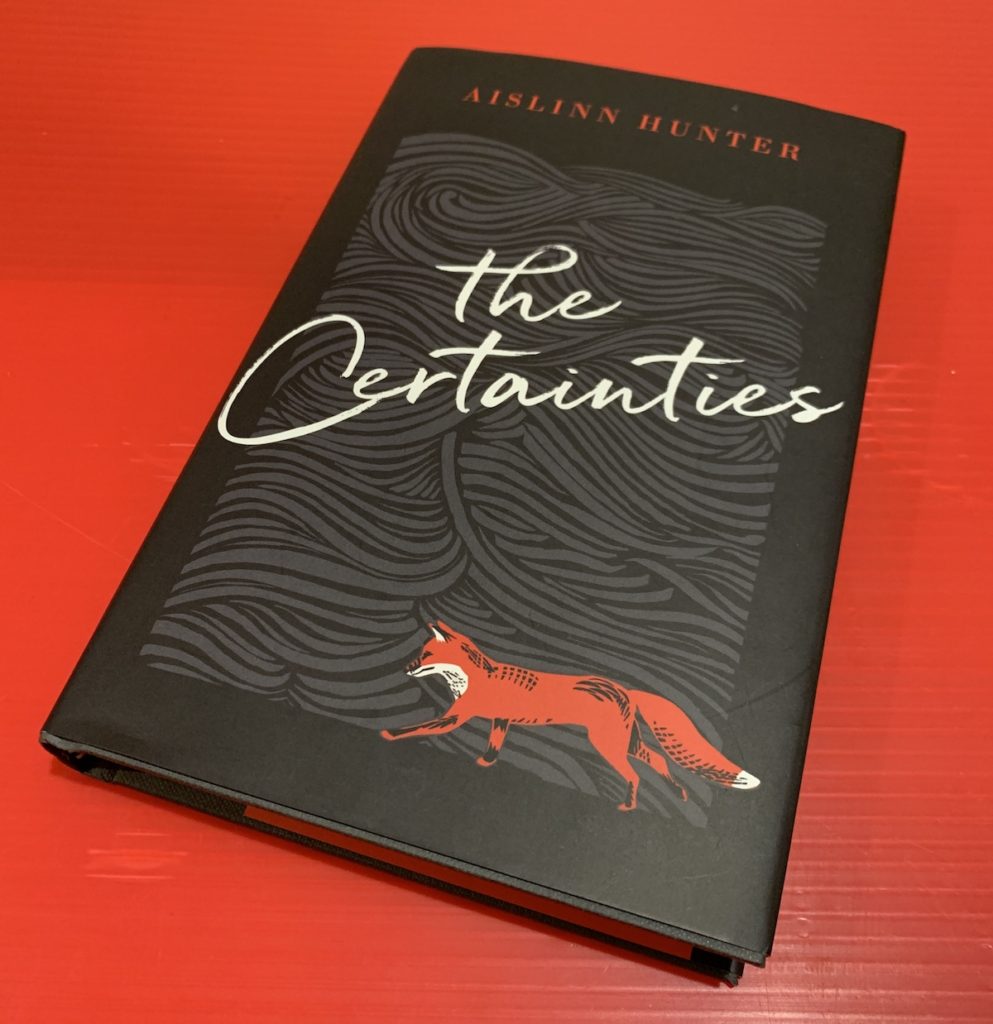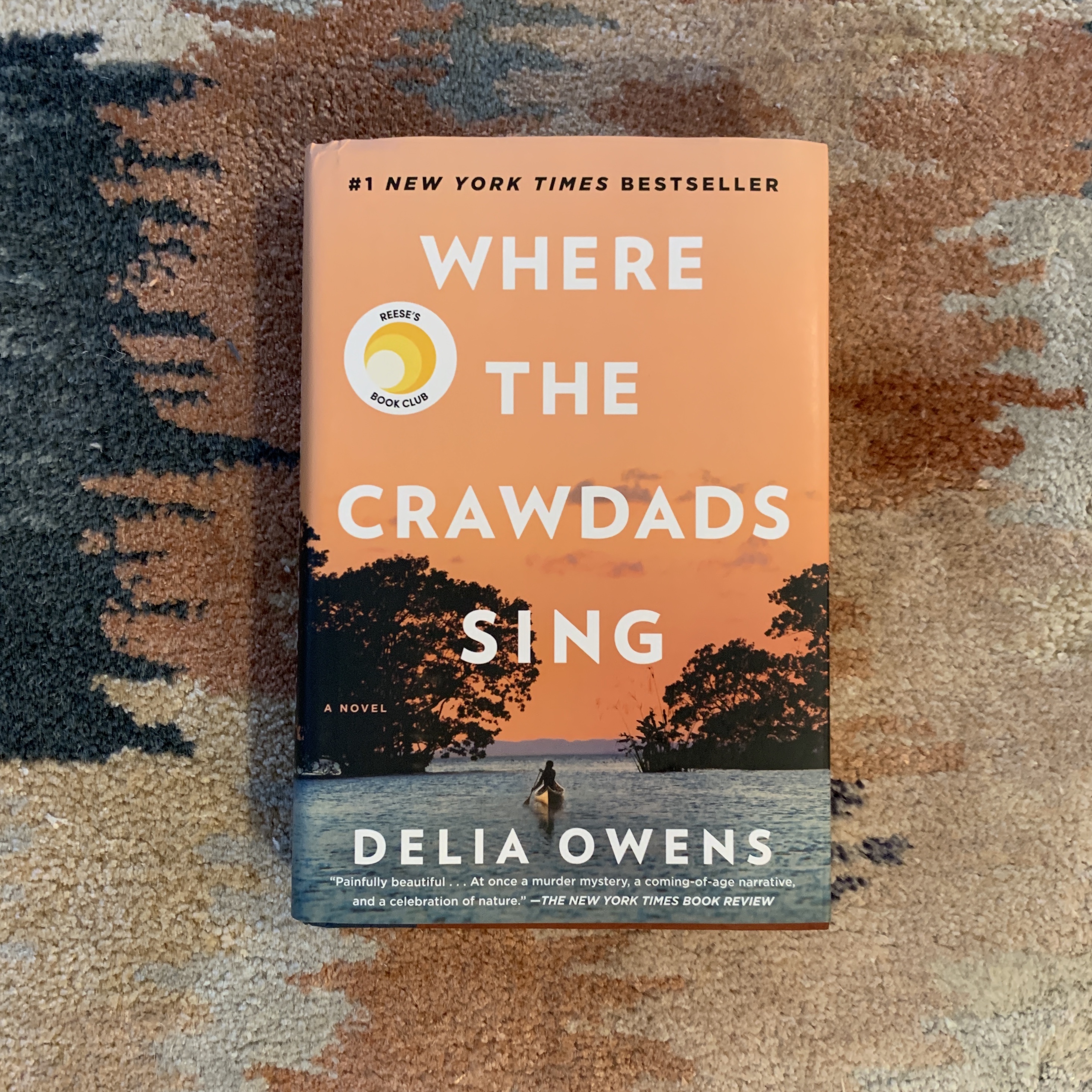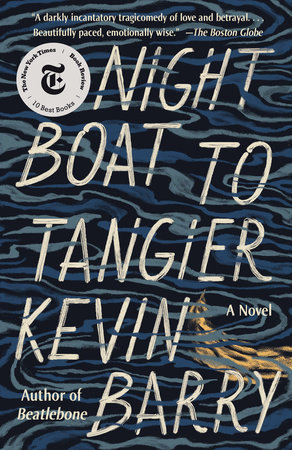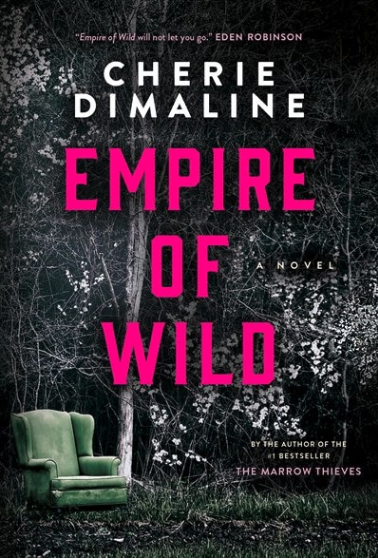
A fantastic read, bit of magic realism—you know—werewolves, Indigenous magic.
Description: Joan has been searching for her missing husband for 11 months and 6 days when she stumbles upon a church revival tent and the preacher turns out to be her husband Victor. Well, Victor is not Victor, but Reverend Eugene Wolff. And his manager Mr. Heiser swears to the police that Wolff has been with them for 3 years. This is not true.
Joan and nephew Zeus set out to rescue Victor, along with the help of an elder named Ajean. Along the way they learn to beware of the Rogarou (a werewolf-like creature that haunts the Métis).
There are so many great monsters in this novel. And Dimaline weaves in traditional stories of the Rogarou with European tales of the Big Bad Wolf and other wolf lore.
No matter which community claimed them, rogarous were known for some specific things. They smelled odd, like wet fur and human sweat. They were men turned into beasts for any number of reasons—each one unique to the storyteller. They were as notoriously bad at math as they were obsessive. A rogarou, try as he might, could only count to twelve. Put thirteen things by your door and he would be inclined to stop and count them. But since he could only get to twelve, he could never count the entire pile, so he was doomed to start again and again, stopping at twelve and returning to one. Eventually, he’d give up and go away, forgetting he’d ever intended to enter. At least that was the theory.
Chapter 13, Hide and seek, page 190
Perfect read for anyone who loved Cherie Dimaline’s The Marrow Thieves, Eden Robinson’s Son of a Trickster, or Heather O’Neill’s Lullabies for Little Criminals.
